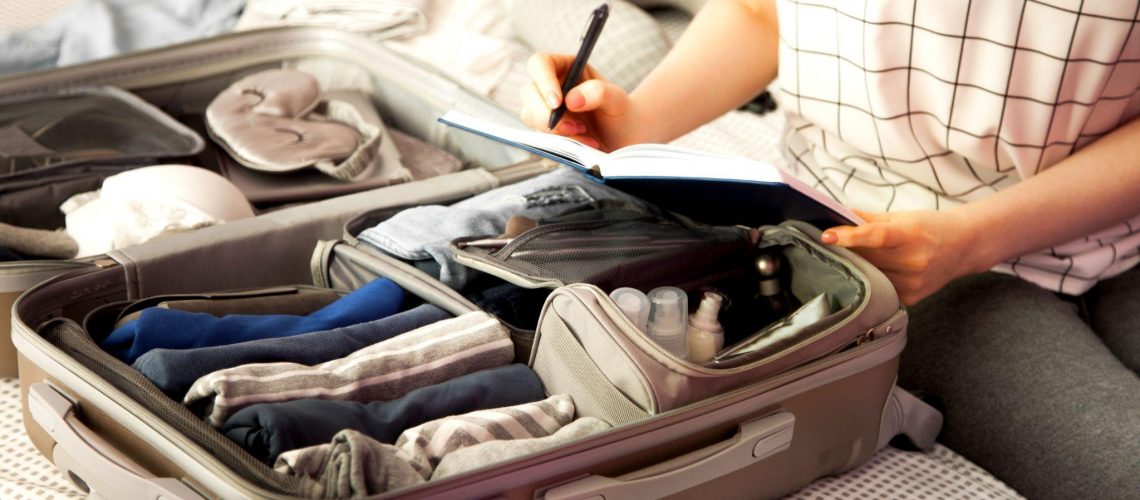Starting your journey to recovery is a significant step toward taking back control of your life. When getting ready to enter into a residential treatment center, it’s crucial to think about more than just what you’ll pack. You’re preparing for a period of significant change, which means considering not just the practical items you’ll need, but also preparing yourself personally and emotionally.
Below, we’ll outline the essential items you should bring to rehab to ensure you are as comfortable and focused as possible during your stay. By bringing the right things and preparing your mindset, you’ll be better equipped to create a supportive environment for your recovery journey.
Familiarizing Yourself with Rehab Policy
When preparing for your stay at a rehab center, understanding its specific policies is crucial, as rules regarding permitted and prohibited items can vary significantly. Familiarizing yourself with these guidelines in advance will help you pack correctly and avoid any unnecessary complications upon arrival. If you have any doubts or need further clarification about what items to bring or leave behind, reaching out directly is highly recommended.
Essential Items to Pack
Packing the right items for your stay in rehab is crucial to ensure comfort and support your recovery process. These items are generally encouraged and permitted at most rehab centers:
Personal Identification and Documentation
Government-issued ID or driver’s license, insurance cards, and contact information for loved ones and healthcare providers.
Clothing and Personal Items
Enough comfortable clothing for a week (taking into account the rehab center’s climate and dress code), including undergarments, socks, sleepwear, and a jacket or sweater. Bring personal hygiene products like a toothbrush, toothpaste, shampoo, conditioner, soap, deodorant, and a comb or brush. Ensure all items are alcohol-free.
Prescription Medications
Bring any prescribed medications in their original packaging, along with the prescription. This will help the medical staff verify your medications and dosages.
Supportive Materials
A journal or notebook for personal reflection, reading materials or ebooks related to recovery or personal growth, and a list of personal recovery goals or reasons for seeking treatment.
Items to Leave at Home
To ensure a safe and focused environment for everyone, there are certain items you should avoid bringing to rehab. These items are typically not allowed at residential treatment facilities:
Prohibited Items
Alcoholic substances, non-prescription drugs, weapons, sharp objects, and any items that could compromise the safety or recovery of any resident.
Valuables
Jewelry, excessive amounts of cash, and other valuables that could be lost or stolen.
Restricted Electronics
Personal laptops, tablets, or other electronic devices that the center may restrict. It’s important to check the specific policies of the rehab facility.
Practical Tips for a Smooth Transition
Making the move to rehab involves several practical steps to ensure a seamless transition. Here are concise tips to prepare:
- Plan Travel Ahead
Secure your travel to the rehab center well in advance, considering an early arrival if coming from afar to alleviate stress. - Inform Loved Ones
Talk to your family and friends about your journey, gaining their support and understanding. - Handle Home and Work Obligations
Address any urgent matters at home or work, like pet care or notifying your employer, to focus fully on recovery. - Pack Smart
Follow the essential packing list closely, bringing necessary items and leaving behind what’s not allowed or needed. - Build a Support Network
Establish connections with supportive friends, family, or groups who will be there post-rehab. - Start a Recovery Journal
Document your thoughts and emotions leading up to rehab as a way to process and commit to your recovery path. - Mentally Prepare
Take the time to prepare mentally for the emotional elements of the addiction treatment process.
Preparing Mentally and Emotionally for Rehab
Mentally and emotionally preparing for rehab is as crucial as packing the right socks. It’s about coming to terms with the journey ahead and embracing the process of change. Acknowledge the bravery it takes to step into rehab and allow yourself to feel hopeful about the transformation ahead. Cultivate an open and positive mindset, ready to engage with the therapy, community, and activities. Remember, this is a time to focus on yourself, to heal, and to grow. Embracing vulnerability and being ready to confront and work through your challenges will set a solid foundation for your recovery.
Taking the Next Step on Your Path to Recovery
As you prepare for this significant step toward healing and recovery, remember that you’re not alone. Our detoxification and inpatient residential treatment programs are designed to support you through every phase of your journey.
From the moment you decide to seek help, through the challenges of detox, to the everyday triumphs and struggles of residential treatment, we’re here to provide a safe, nurturing environment for your recovery.
Our team of compassionate professionals is dedicated to offering the guidance, support, and care you need to reclaim your life. For more information on how we can support your journey to recovery, please don’t hesitate to reach out. Your path to healing starts with the courage to take the first step, and we’re here to walk alongside you every step of the way.


